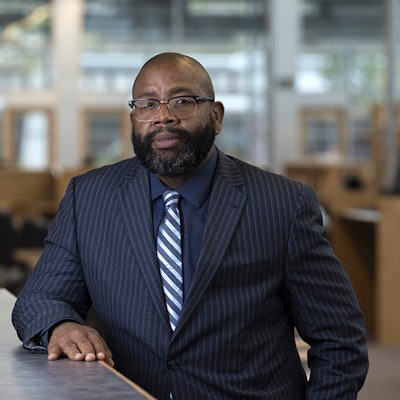Since the beginning of the COVID-19 pandemic, the federal government and higher education institutions have fed the public a steady diet of bad enrollment news. Public health concerns increased responsibilities to care for and educate school-aged children and disrupted jobs and industries. All these factors contribute to recent enrollment declines at institutions of higher education. But we need to look closer at the data. Over half a million – 579,000 to be exact – Black students have left the American higher education system since 2011. Before and during COVID, most of these students vanished from our most affordable and accessible institutions – our community colleges.
Enrollment for Black learners in community colleges is not down because of COVID or because the Black population is shrinking (in fact, it has increased by 2.5 million), and not because individuals left community colleges to attend a four-year college or get jobs paying self-sustaining wages. A new analysis from HCM Strategists refutes these explanations. The precipitous, unrelenting decline in Black community college enrollment since 2011 is the canary in the mine for American higher education. Black learners, like other learners, are not seeing a valuable, welcoming, and career-connected experience in higher education today.  Dr. Keith Curry
Dr. Keith Curry
As an unapologetic community college president, I believe educational leaders must unapologetically focus our institutions on Black learner success and that we can significantly improve the waning college value proposition that cross-partisan majorities of all Americans perceive. Compton College, located in the heart of the nation's second most populous urban area, serves a diverse group of learners from Los Angeles County. Through established business, community, and K-12 partnerships, we support our students in achieving their educational and career goals. Most of Compton's Black students are first-generation and from households where the adults are paid low wages. Compton is an unabashedly proud Black-serving institution.
What do I mean by Black-serving? Being a Black-serving institution means we strive daily to serve all students while unapologetically seeing and valuing the Black learners' experience.
Being Black-serving means we don't boast of programs that serve a finite number of Black students. It means the institution changes how we develop faculty and advise students – where all 6,662 Compton college students benefit. We don't just have a handful of counseling faculty and advisors for the Black students at Compton. All employees see themselves as student success advocates. At our Black-serving institution, the maintenance and operations team, primarily men of color, encourage students to apply for financial aid or recommend grabbing a free meal before heading off campus to work or to class. And while it is true that one in three Black college students nationally lives in poverty, our meal program isn't just for Black students. Every person at Compton College – employees and students alike – can eat for free every day in the cafeteria. We scrutinize data and other student success strategies, so we can make the necessary adjustments to reach more students.





















